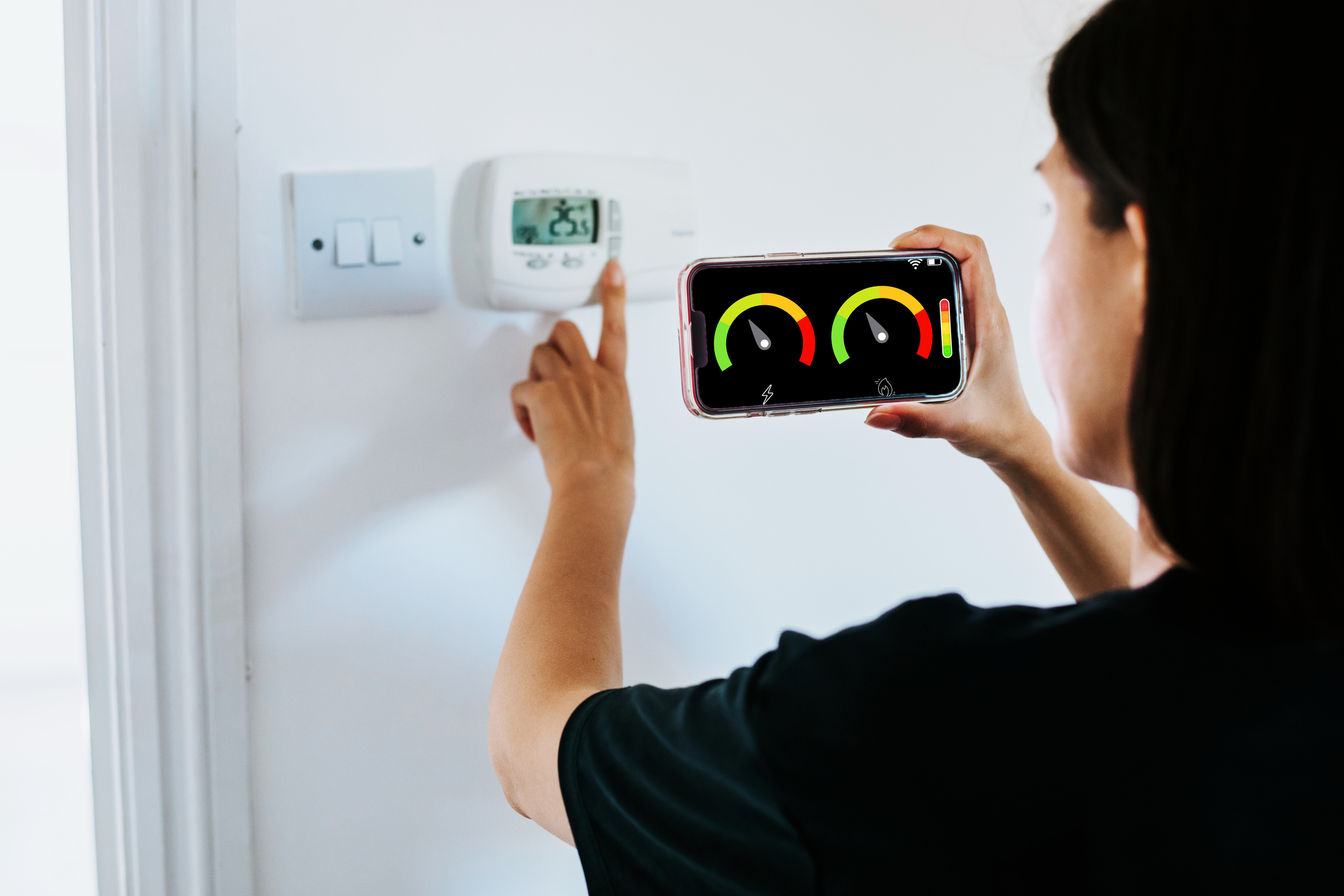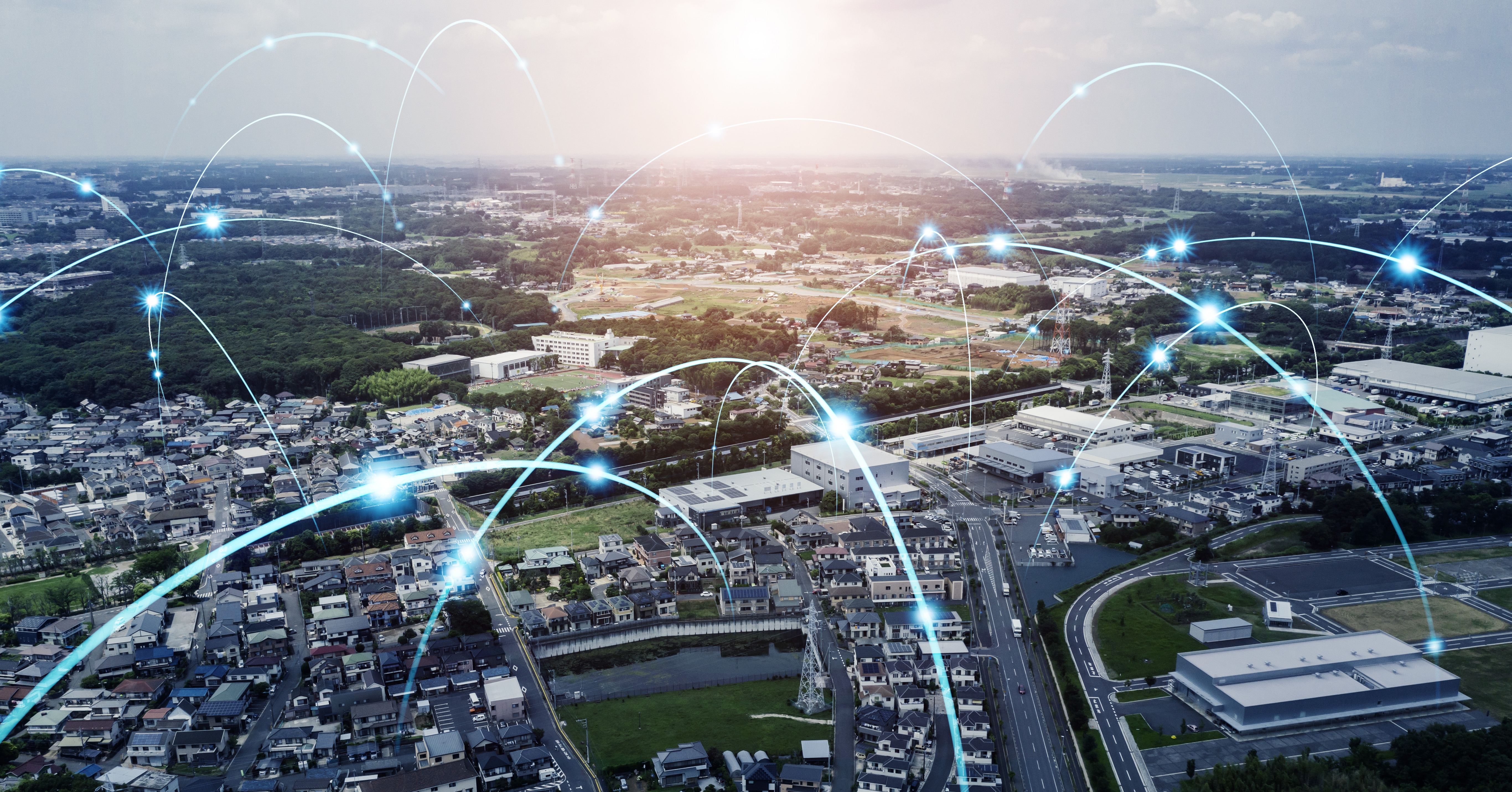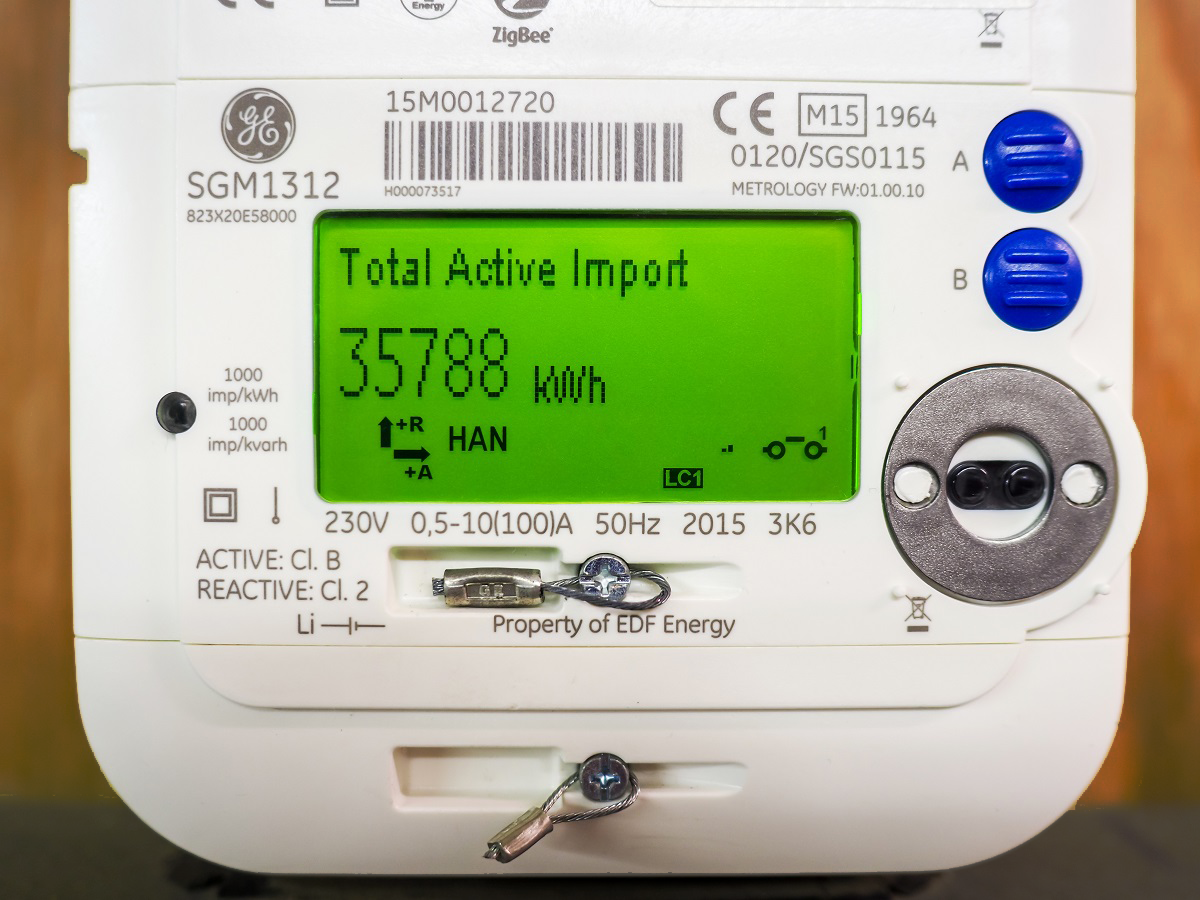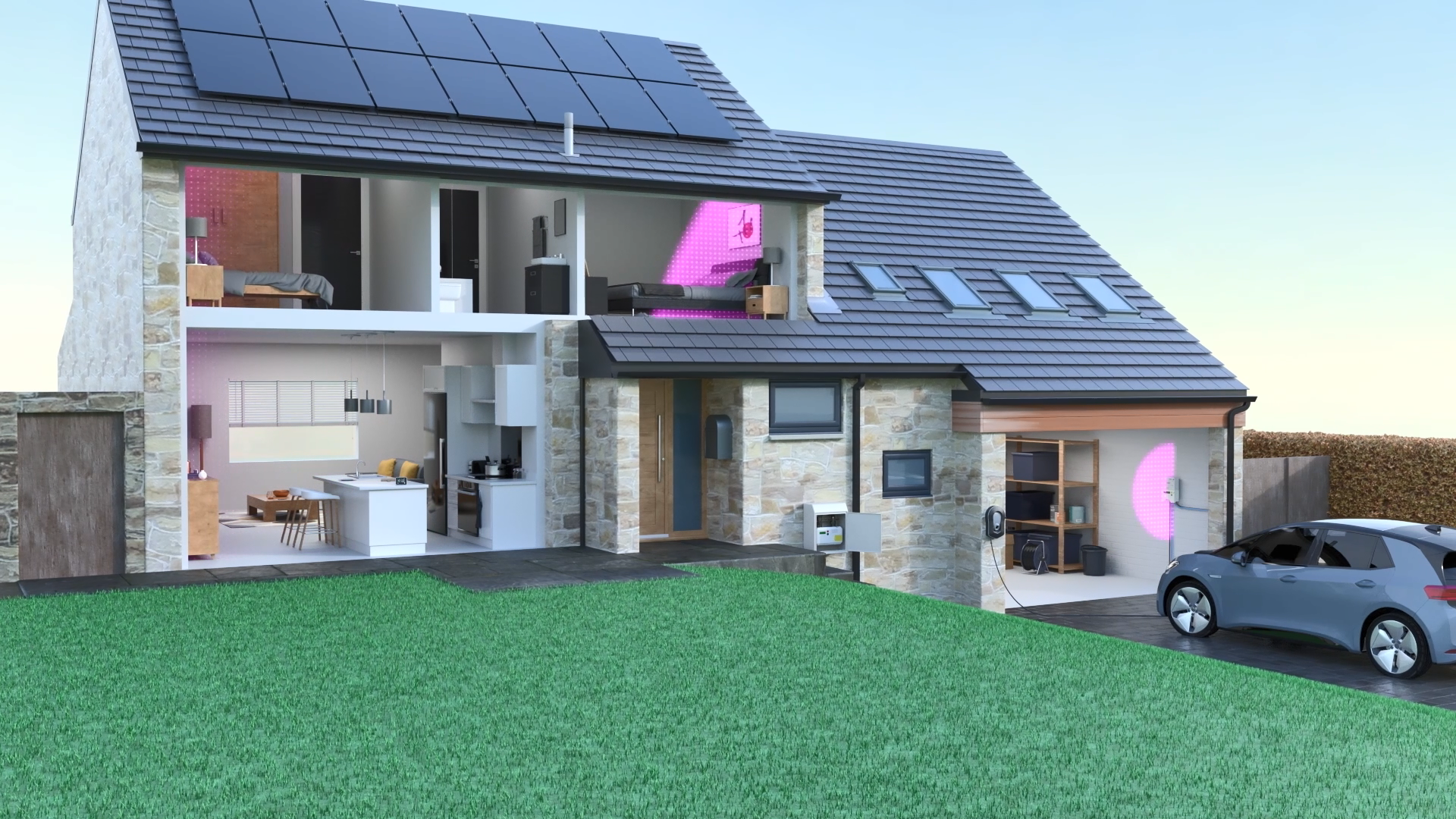Do smart meters use 3G?
The secure smart meter network, which operates outside of the public internet, is divided into three areas in Great Britain – north, central and south. In central and southern regions, smart meter data is transmitted using 2G/3G cellular and wireless mesh technology provided by Virgin Media O2. In the northern regions, it’s transmitted over long-range radio provided by Arqiva.
Since December 2024, new 4G Communication Hubs are now being installed as part of our commitment to evolve the smart metering network and ensure continued connectivity for properties with existing smart metering technology.
Will my smart meter stop working when 3G is switched off?
Your smart meter will continue to operate as normal following the 3G switch-off, as smart meters will switch seamlessly to the 2G network. We have also begun to roll out 4G Communication Hubs that will, over time, be installed to replace or upgrade existing smart meter systems, further enhancing the network and its potential.
How will the move to 2G affect energy consumers, do they need to take any action?
We don’t anticipate any impact at all for energy consumers as smart meters are designed to switch seamlessly to 2G. Our primary priority at DCC is operating a stable, reliable, and secure smart meter network, and we are working closely with Virgin Media 02 and energy suppliers to ensure a smooth transition to 2G and ensure continuity of service.
Will moving to the 2G network affect the performance of smart meters?
The DCC network is a relatively low data network and initial analysis shows no customer impact and minimal overall service impact from the 3G switch-off. Our data requirements to support metering services are less than 2Mb per month per household.

What will happen in 2033 when 2G is switched off?
We are working with Government on plans to upgrade devices to stay connected before the 2033 transition date, and have signed a 15-year agreement with Vodafone to bring 4G connectivity to Britain’s smart meter network. Our next-generation 4G Communications Hub are now being deployed as part of a testing phase will see mass deployment from summer 2025.
Will all smart meters across Britain need replacing in 2033?
No, there will be no need to replace all smart meters following the sunsetting of 2G in 2033. Second-generation smart meters that rely on 2G/3G will require a replacement Communications Hub in order to communicate with 4G networks - work which is now underway. The Communications Hub is a small device that typically sits alongside the electricity smart meter, which transmits data to the DCC network by connecting to the smart meter wide area network.
Any remaining first-generation SMETS1 smart meters which have not been upgraded to SMETS2 as part of the ongoing programme of end of life replacement will need to be physically replaced prior to 2033, in line with SMETS1 communication provider contracts, as these have been designed with an integrated 2G Communications Hub.

What are 4G Communication Hubs?
Due to the phase-out of 2G/3G networks over the coming years, we have collaborated with a number of organisations like Vodafone, Toshiba, Arqiva, and CGI, to develop and deploy new, 4G-based Communication Hubs. Currently, these are being installed in homes as part of a testing phase and a full roll-out is scheduled for summer 2025.
Further reading



